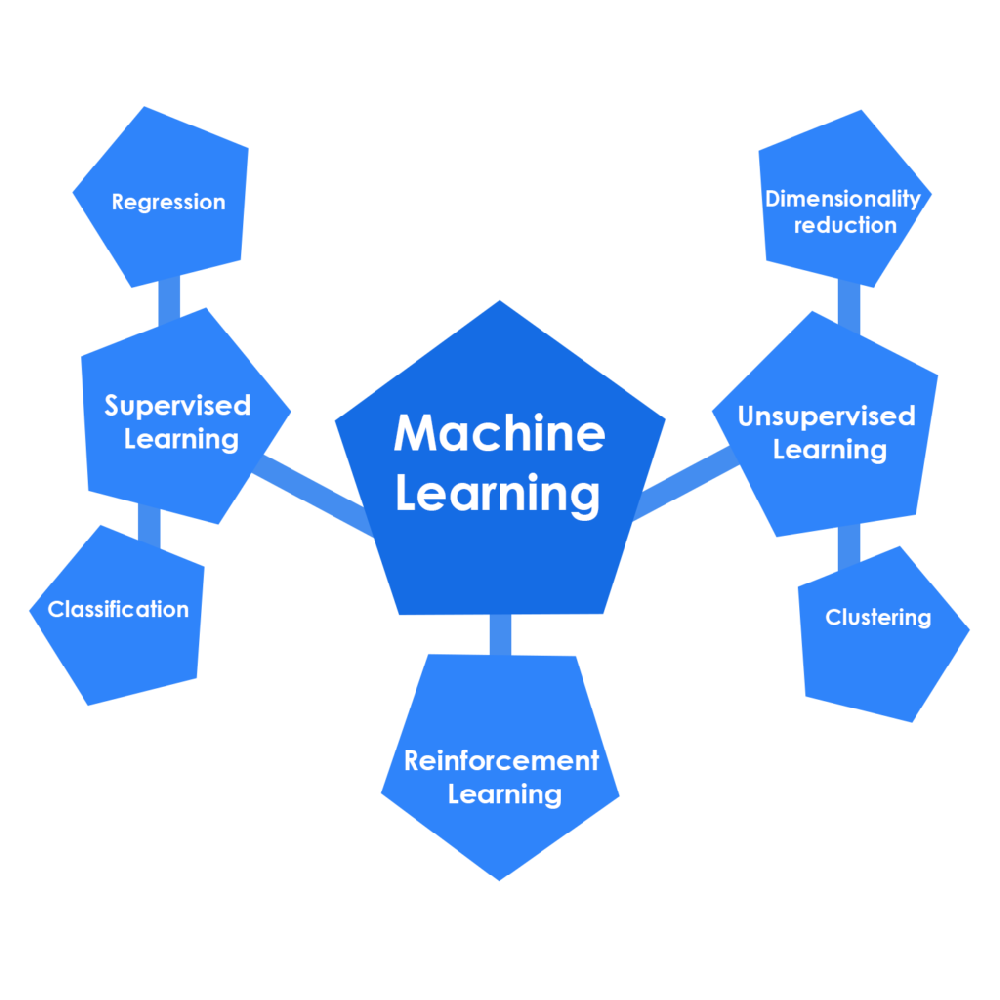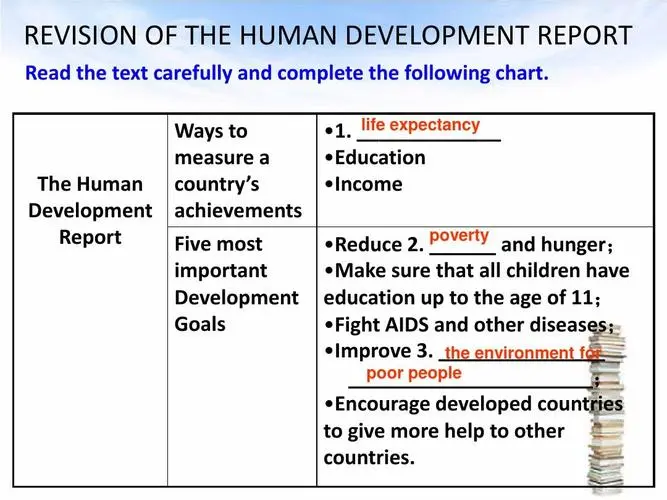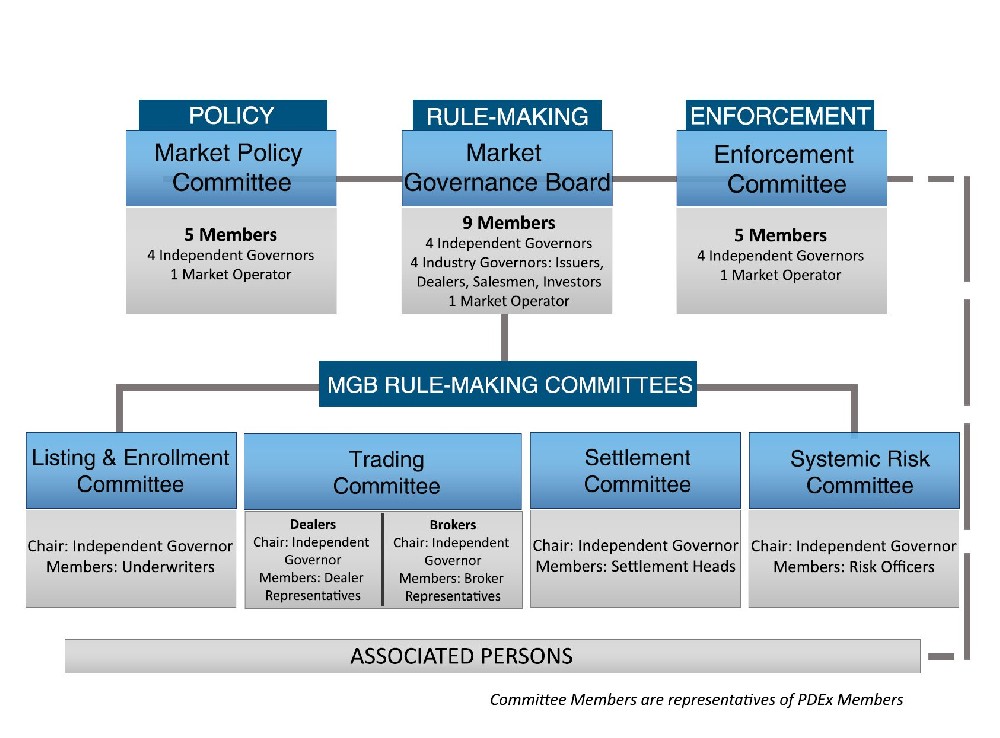The Impact of Economic Trends on Employment in 2024
Introduction

The year 2024 is expected to witness significant changes in the global economy, which will inevitably influence the employment landscape. As economic indicators continue to fluctuate, it is important to analyze their impact on various industries and predict the job market trends for the coming year. This article aims to delve into the potential effects of economic trends on employment in 2024, focusing on industry-specific analysis, job market predictions, skills in demand, and the challenges that may arise.
Economic Indicator Analysis
To understand the potential impact on employment in 2024, it is crucial to analyze key economic indicators such as GDP growth, inflation rates, interest rates, and government policies. These indicators provide insights into the overall state of the economy and help predict future employment trends.
GDP growth plays a crucial role in determining employment levels. A robust GDP growth rate is generally associated with increased job creation, as businesses expand to meet growing demand. In contrast, a stagnant or declining GDP may lead to job losses and lower employment prospects.
Inflation rates and interest rates also have a significant impact on employment. Higher inflation rates may lead to increased production costs, which can result in businesses reducing their workforce or slowing down their hiring processes. Conversely, low inflation rates provide a favorable environment for businesses to expand and hire more workers.
Additionally, government policies, such as labor laws and taxation, can influence employment levels. Pro-employment policies, such as tax incentives for businesses and investment in skill development programs, can boost job creation. On the other hand, restrictive policies may create hurdles for businesses and lead to a stagnant job market.
Industry-specific Analysis
Different industries are likely to experience varied effects from economic trends and indicators. Let’s explore the potential impact on some key sectors:
Technology Sector: The rapid advancement of technology is expected to continue in 2024, driving demand for skilled professionals in areas such as artificial intelligence, cybersecurity, and data analysis. This sector is likely to witness a strong job market, with a focus on high-skilled positions.
Healthcare Sector: As the global population continues to age, the demand for healthcare services is projected to rise. This will result in an increased need for healthcare professionals, including doctors, nurses, and specialized technicians.
Renewable Energy Sector: With an increasing emphasis on sustainability, the renewable energy sector is expected to grow significantly in 2024. Job opportunities are likely to expand in fields such as solar and wind energy production, energy efficiency, and environmental engineering.
Retail Sector: The retail industry has been undergoing substantial transformations in recent years, largely driven by e-commerce. While traditional retail positions may decline, there will be a rising demand for professionals skilled in online marketing, logistics, and customer experience.
It is important to note that these are just a few examples, and the impact on different industries can vary based on economic conditions and market dynamics.
Job Market Predictions
Based on the analysis of economic indicators and industry-specific trends, several predictions can be made about the job market in 2024:
Job Growth: Overall, the job market is expected to grow steadily, driven by technological advancements and the expansion of certain sectors such as healthcare and renewable energy.
Automation Impact: Automation and artificial intelligence will continue to disrupt the job market. While some jobs may become obsolete, new job roles will emerge, requiring skills in areas such as data analysis, machine learning, and human-machine collaboration.
Remote Work: The COVID-19 pandemic has accelerated the adoption of remote work, and this trend is likely to continue in 2024. Companies will increasingly offer flexible work arrangements, which can create opportunities for individuals in remote or rural areas.
Gig Economy Expansion: The gig economy, characterized by short-term contracts and freelance work, is likely to expand further. This can provide flexibility and diverse opportunities for individuals, but also pose challenges related to job security and worker benefits.
Skills in Demand

In order to remain competitive in the evolving job market of 2024, individuals should consider developing the following skills:
Digital Literacy: As technology continues to advance, digital literacy skills will be highly sought after in various industries. This includes proficiency in using digital tools, data analysis, and software applications.
Adaptability and Resilience: The ability to adapt to change and bounce back from setbacks will be essential in a rapidly evolving job market. Employers will value individuals who can quickly learn new skills and navigate unfamiliar situations.
Critical Thinking and Problem Solving: With automation taking over routine tasks, individuals who can analyze complex problems, think critically, and propose innovative solutions will be in high demand.
Emotional Intelligence: As the nature of work and workplaces change, emotional intelligence becomes increasingly important. The ability to understand and manage emotions, communicate effectively, and collaborate will be valuable skills in 2024.
Job Market Challenges
While the job market in 2024 holds promising opportunities, it also poses certain challenges:
Skills Gap: Rapid technological advancements and industry shifts often create a skills gap, where the demand for certain skills exceeds the available talent. Bridging this gap through upskilling and reskilling initiatives will be crucial for both job seekers and employers.
Inequality and Job Polarization: Economic trends can further exacerbate inequalities in the job market. Technological advancements may lead to job polarization, where high-skilled positions thrive, but low-skilled jobs become scarcer. Addressing these disparities will require targeted policies and workforce development programs.
Job Insecurity: The rise of gig economy and remote work can lead to increased job insecurity, as individuals face more short-term contracts and lack traditional employee benefits. Balancing flexibility with worker protection will be a key challenge for policymakers.
Conclusion

As we navigate the changing economic landscape, it is important to understand the potential impact of economic trends on employment in 2024. While the job market is projected to grow, individuals need to stay proactive in acquiring the skills in demand and adapting to evolving job dynamics. Policymakers and businesses must also prioritize addressing the challenges and inequalities that may arise, ensuring a sustainable and inclusive job market for the future.







